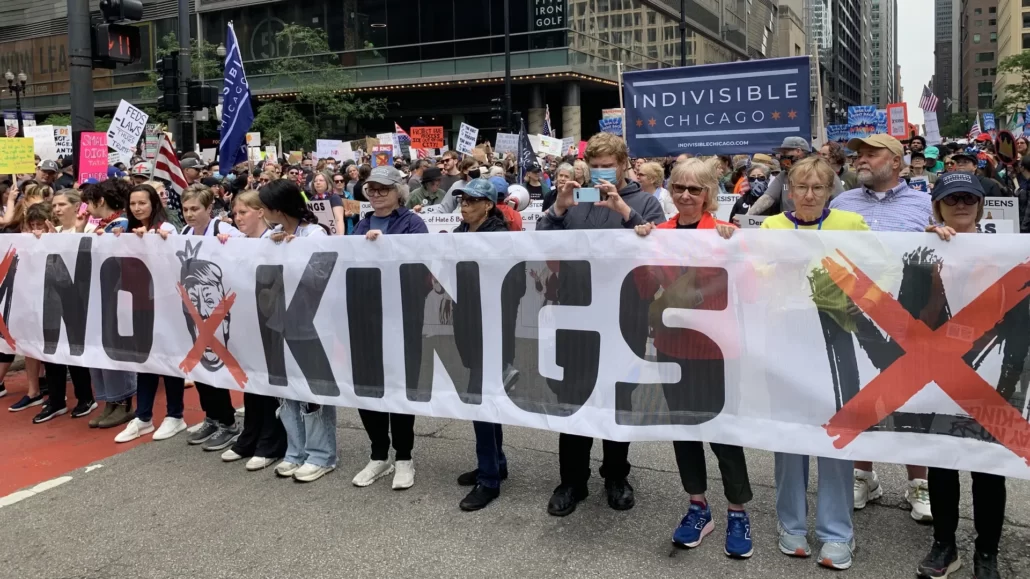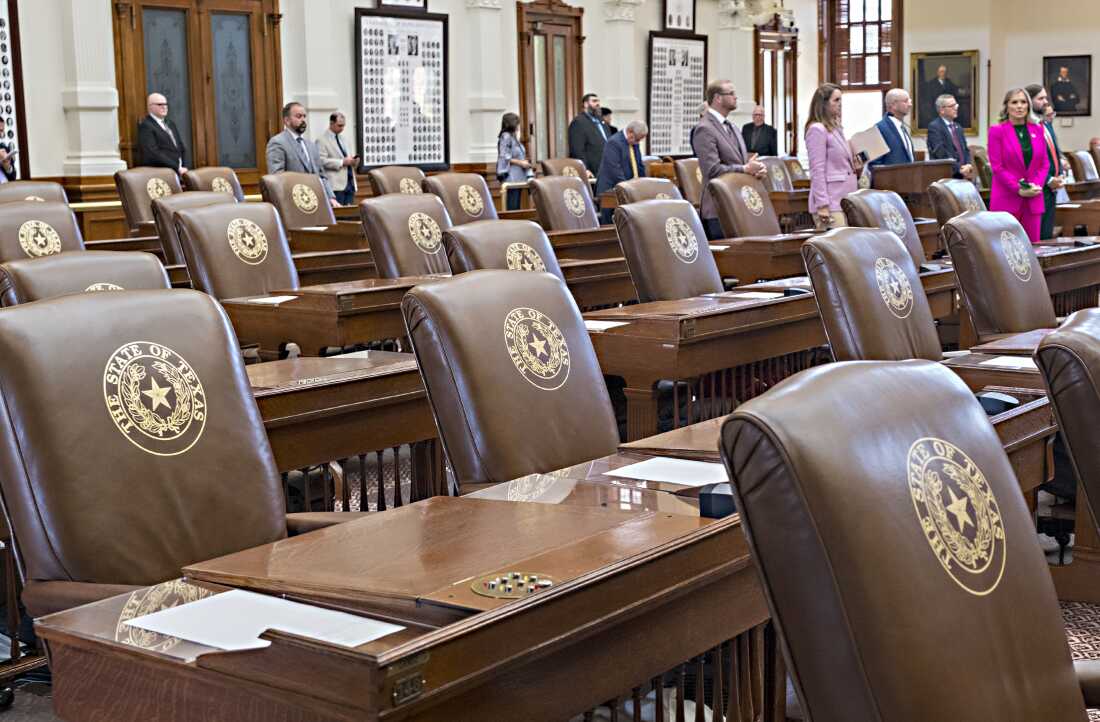The “No Kings” protest in June was among the largest in the history of the United States. The sentiment behind the demonstrations was firmly grounded in Jewish texts.
The Torah’s vision of leadership is deeply ambivalent about the institution of monarchy. In Deuteronomy 17, the text concedes that the people may one day clamor for a king, “like all the nations around them.” Yet this is no ringing endorsement. Rather, it is a reluctant allowance, accompanied by strict limitations: the king must not accumulate horses, wives, or wealth, lest he grow arrogant or oppressive. He is commanded to write for himself a copy of the Torah and keep it close, a reminder that even the highest political authority is subject to divine law. The biblical message is clear: power must be curbed, leaders must remain humble, and no human ruler may claim ultimate sovereignty.
This tension resurfaced in America, in the rallying cry of the Founding Fathers and, more recently, in the “No Kings” protests during Donald Trump’s presidency. American democracy was a rejection of monarchy, with its Constitution designed to prevent the rise of a tyrant. Protesters who invoked “No Kings” were voicing a deeply biblical instinct: suspicion of concentrated power and insistence that the leader remain answerable to the people and the law.
Centuries later, the prophet Samuel heard the people’s demand for a king and tried to warn them. His words, preserved in I Samuel 8, are some of the most searing in all of Tanakh: “He will take your sons… he will take your daughters… he will take the best of your fields, your vineyards, your olive groves.” Over and over, the refrain comes: yikach, yikach, yikach — he will take, he will take, he will take. Kingship, Samuel warns, is not about giving to the people. It is about taking from them, until they cry out in regret.
Torah’s suspicion of kingship has echoed throughout history. Protesters held signs and shouted, “No Kings!” in response to a president accused of reaching for powers beyond the law, beyond accountability. The ancient warning found a modern voice.
The Torah, the prophet, and the protesters all speak the same truth: unchecked power is dangerous. A leader who claims to be above the law, above the people, or above God, is no leader at all. The true ruler is always bound— to justice, to the people’s voice, to God’s will.
So what is our calling? Not to fall for the temptation of strongmen, ancient or modern. Not to place our faith in kings, but in covenant. Not in rulers, but in responsibility. The Psalmist says: “Do not put your trust in princes, in mortal man who cannot save” (Psalm 146:3). Instead, we put our trust in the Eternal, and we put our work into building a just society where no one is above the law.
And that is our task: to speak truth when power overreaches. To protest when freedom is threatened. To hold leaders accountable, in our communities, in our nation. We are called to resist the idolatry of power, and instead cry out with our voices today: No Kings. Only justice, justice shall we pursue.
Rabbi Evan J. Krame
If this reflection resonates with you, consider sharing it with your community—or simply take a moment to reflect on how you can pursue Justice.




